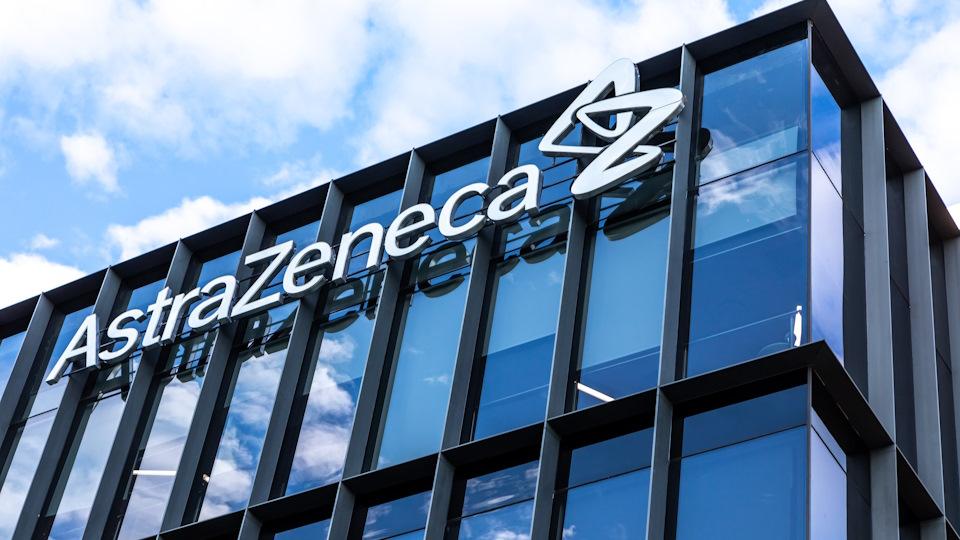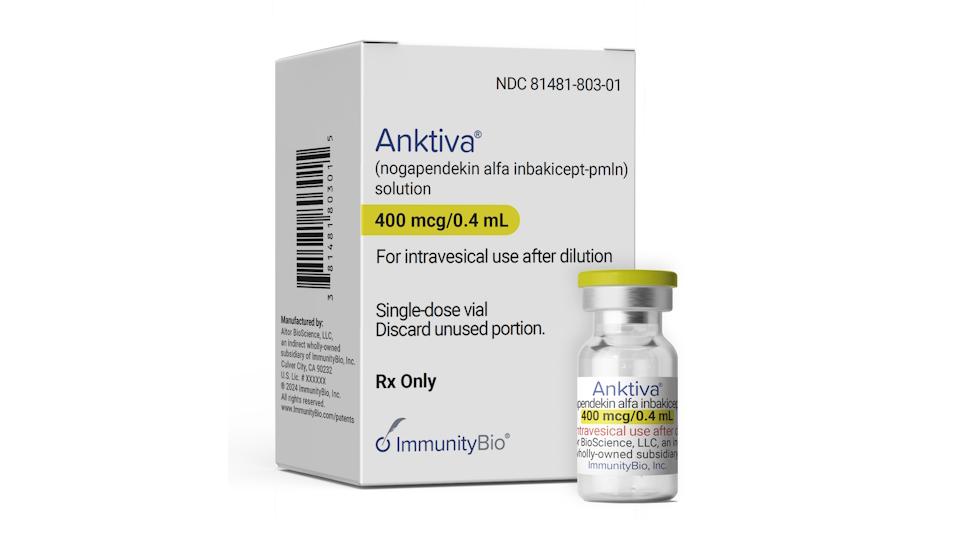ESMO: NIAGARA backs Imfinzi in bladder cancer, but will FDA?

AstraZeneca has revealed the data for Imfinzi in muscle-invasive bladder cancer (MIBC) that it hopes will be enough to secure FDA approval – although the jury is out on that.
The clinical results of the NIAGARA study of Imfinzi (durvalumab) – which were previewed by AZ in June – are pretty much a home run, showing a clear benefit in event-free survival (PFS), as well as overall survival (OS) when added to neoadjuvant chemotherapy before surgery to remove the bladder and given as a monotherapy maintenance afterwards.
The problem facing AZ is one that has already affected another trial of Imfinzi given peri-operatively and revolves around teasing out the contribution of the pre- and post-surgery treatment.
The similarly designed AEGEAN trial in lung cancer ran into that problem when it was discussed by an FDA advisory committee in July, where there was concern that there was no way to tell if post-surgery use of the drug may be adding to toxicity without conferring a clinical benefit.
Rather than voting on whether to approve the new indication for Imfinzi, the experts voted unanimously that any studies on perioperative regimens for resectable cancers include an assessment of the contribution of each treatment phase individually. Imfinzi was eventually approved for that indication by the FDA, despite the reservations.
In NIAGARA, patients treated with the Imfinzi perioperative regimen showed a 32% reduction in the risk of disease progression, recurrence, not undergoing surgery, or death, while the risk of death was reduced by 25%. After 24 months, 82% of patients taking the immunotherapy were still alive compared to 75% of the control group. The results have also been published in the New England Journal of Medicine.
NIAGARA received a warm reception when it was presented at the ESMO cancer congress, with discussant Petros Grivas from the University of Washington and Fred Hutchinson Cancer Center in Seattle, calling it "practice-changing", particularly as the toxicity profile was "manageable and as expected for checkpoint inhibitors and chemotherapy, with no synergistic toxicity or new safety concerns."
He acknowledged, however, that there are still unanswered questions about immunotherapy for localised MIBC, including whether or not patients with pathologic complete response in the pre-surgery phase – a secondary endpoint that Imfinzi missed in NIAGARA – need adjuvant treatment.
The big question now is whether the FDA would be prepared to extend the discretion it exhibited in reviewing the AEGEAN data to NIAGARA. There's no word yet on whether AZ plans to file the data with the FDA.
Bristol-Myers Squibb's PD-1 inhibitor Opdivo (nivolumab) has been approved since 2021 as an adjuvant immunotherapy for MIBC based on the CheckMate-274 data, and the company is currently running a neoadjuvant/adjuvant trial of an Opdivo regimen in the peri-operative setting.
MSD presented positive data for its PD-1 drug Keytruda (pembrolizumab) for adjuvant treatment of MIBC this year and the drug is now in three peri-operative trials looking at slightly different patient groups: KEYNOTE-866, KEYNOTE-905, and KEYNOTE-B15.
Meanwhile, AZ is also running another peri-operative study, VOLGA, involving patients who are ineligible for cisplatin-based chemotherapy, but it is not clear if any of these ongoing studies will be able to answer the key question raised by the FDA and its experts.
Commenting on the NIAGARA data, lead investigator Professor Thomas Powles of Barts Cancer Centre in London, UK, pointed out that neoadjuvant chemotherapy and bladder removal have been the mainstay of treatment for patients with MIBC for nearly two decades, but the disease still recurs in around half of them.
"Adding durvalumab before and after surgery significantly reduced the chance of recurrence and extended survival, a significant advance with the potential to transform the standard of care for these patients who desperately need better outcomes," he said.












